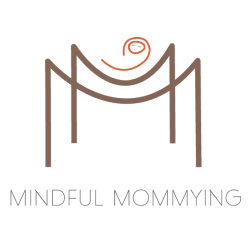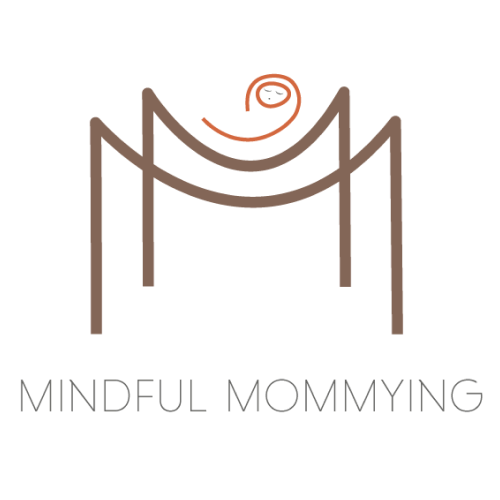FAQ
What is this blog
This blog started as a way to gather information on being a parent who is trying to break cycles of abuse from their own past. One of the tools that has been most crucial in my own healing from past trauma is mindfulness.
As a trained researcher with a PhD, I rely heavily on peer-reviewed scholarly articles whenever possible, although there are some topics that urgently require more studies. Whenever possible, I try to link the information so you can investigate for yourself.
Topics that are integrally tied to this blog and will appear with appropriate warnings are: coparenting, religious trauma syndrome, childhood abuse
Why is this blog called “Mindful Mommying?”
Good question! See here.
What is co-parenting?
Co-parenting just means a child has two parents who are not in any type of romantic relationship but who choose to parent together. Co-parenting is opposed to parallel parenting and emphasizes both parents being as involved as possible on a regular basis, not just when it’s “their turn.” Studies have shown that co-parenting is of great benefit to children. I coparent a child, LA, with my CP (co-parent).
Why do you keep referring to CP, your co-parent, as “they”?
My co-parent identifies as non-binary, which is to say, they do not see themselves as either male or female, but rather a composite of both. Many non-binary individuals, although not all, use the pronoun “they” as does CP.
For more, please see The National Center for Gender Equality website.
What do the acronyms LA and CP mean?
Fair question. Because my child is a minor, I have chosen to use the initials LA to refer to him here. I also refrain from posting pictures that include him. It’s sad, because he is adorable, but he has a right to his privacy.
CP refers to “co-parent” which is my shorthand for LA’s other parent. CP allows me to share details that are relevant to parenting in order to break cycles of trauma which is why I try to respect their privacy by not including a name.
What is RTS, and why do you keep talking about it?
Religious Trauma Syndrome (RTS) is a relatively new term in psychology to describe the symptoms individuals suffer from traumatic religious experiences.
I keep talking about RTS, because it is an integral part of my childhood cycle of abuse. Religious experiences, specifically in Christian fundamentalism, shaped every aspect of my life and directly resulted in my being sexually molested at a young age.
Here is an article that tries to give a deeper understanding of the topic.
What is Christian fundamentalism? Is that the same as Evangelicalism?
Another great question. The short answer is that they are similar in many ways such that there is overlap as far as behaviour is concerned. There are, however, significant differences in the way the theology and ideology is discussed. If you are interested in a more in-depth analysis of the two, I refer you to this from PBS
People I knew as a child would debate some of this, but it’s a fairly solid overall view.
I will also note that the term “fundamentalism” means far different things in non-US contexts.
Why do you hate God so much?
I hate what is done in the name of religion that purports to represent God. That does not mean ipso facto that I hate God; it may mean I hate your version of God, however.
Where can I read more about all of this?
Good news! I love research. If it’s not directly linked in a post, feel free to pop into the Resources section!





